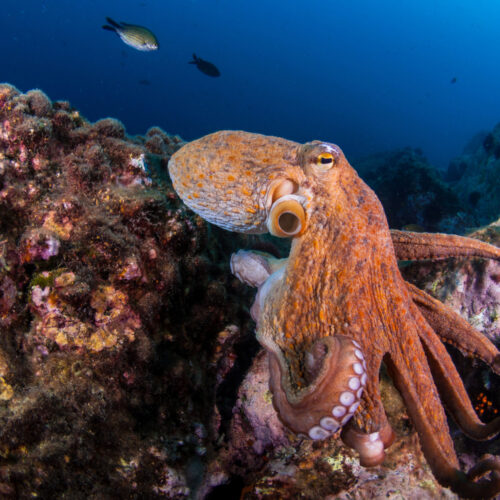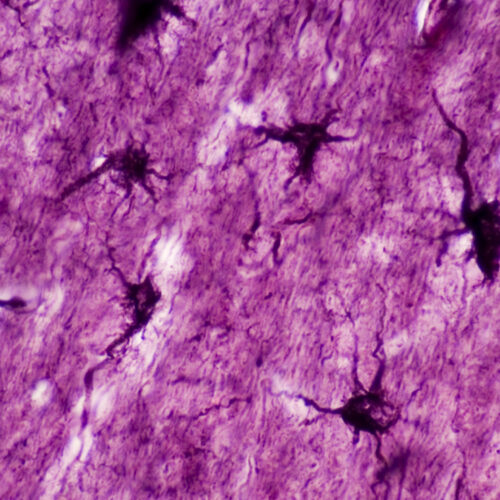How should we treat beings that might be sentient?
If you aren’t yet worried about the multitude of ways you inadvertently inflict suffering onto other living creatures, you will be after reading The Edge of Sentience by Jonathan Birch. And for good reason. Birch, a Professor of Philosophy at the London College of Economics and Political Science, was one of a team of experts chosen by the UK government to establish the Animal Welfare Act (or Sentience Act) in 2022—a law that protects animals whose sentience status is unclear.
According to Birch, even insects may possess sentience, which he defines as the capacity to have valenced experiences, or experiences that feel good or bad. At the very least, Birch explains, insects (as well as all vertebrates and a selection of invertebrates) are sentience candidates: animals that may be conscious and, until proven otherwise, should be regarded as such.
Although it might be a stretch to wrap our mammalian minds around insect sentience, it is not difficult to imagine that fellow vertebrates have the capacity to experience life, nor does it come as a surprise that even some invertebrates, such as octopuses and other cephalopod mollusks (squid, cuttlefish, and nautilus) qualify for sentience candidature. In fact, one species of octopus, Octopus vulgaris, has been protected by the UK’s Animal Scientific Procedures Act (ASPA) since 1986, which illustrates how long we have been aware of the possibility that invertebrates might be capable of experiencing valenced states of awareness, such as contentment, fear, pleasure, and pain.


© A. Martin UW Photography

